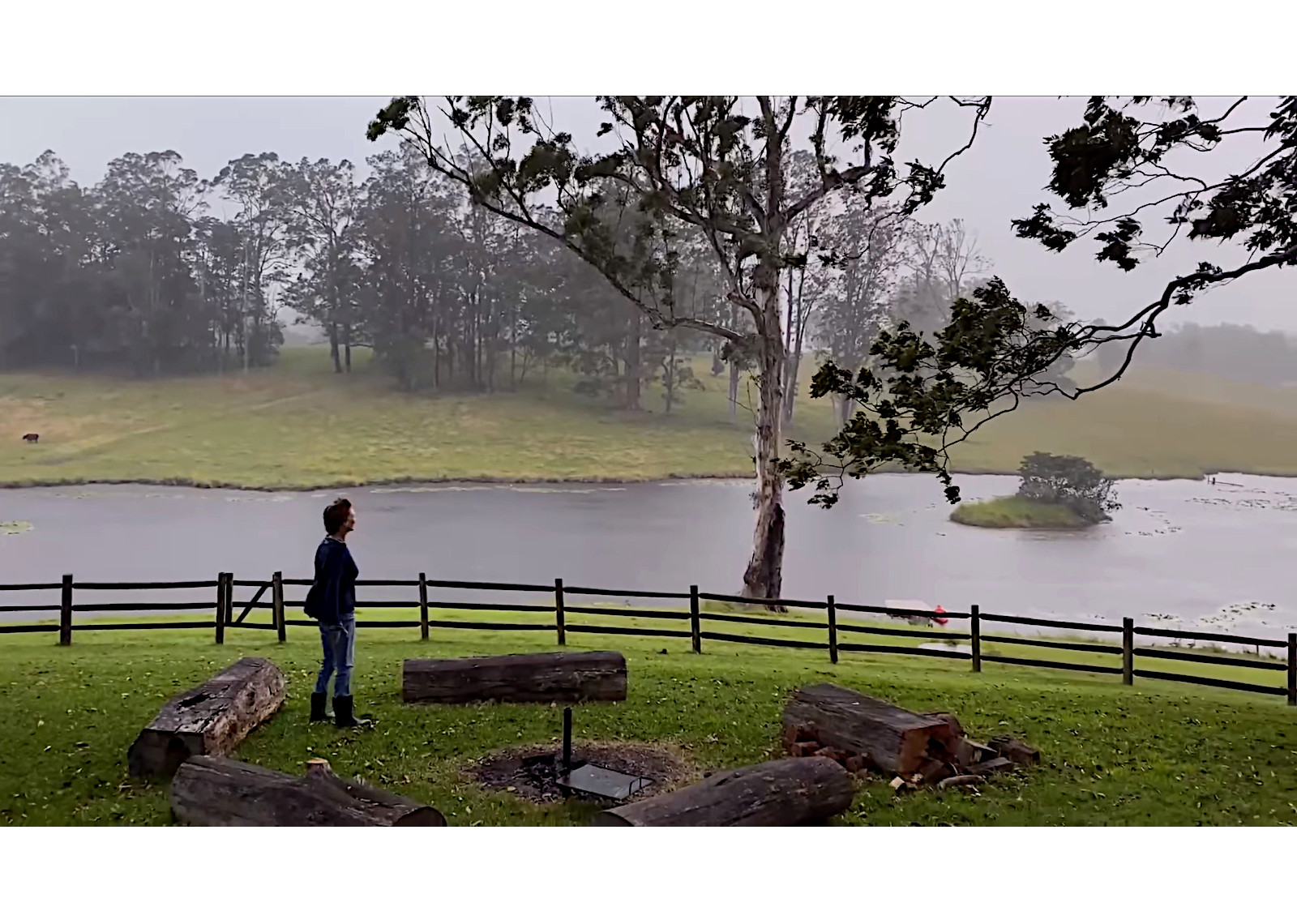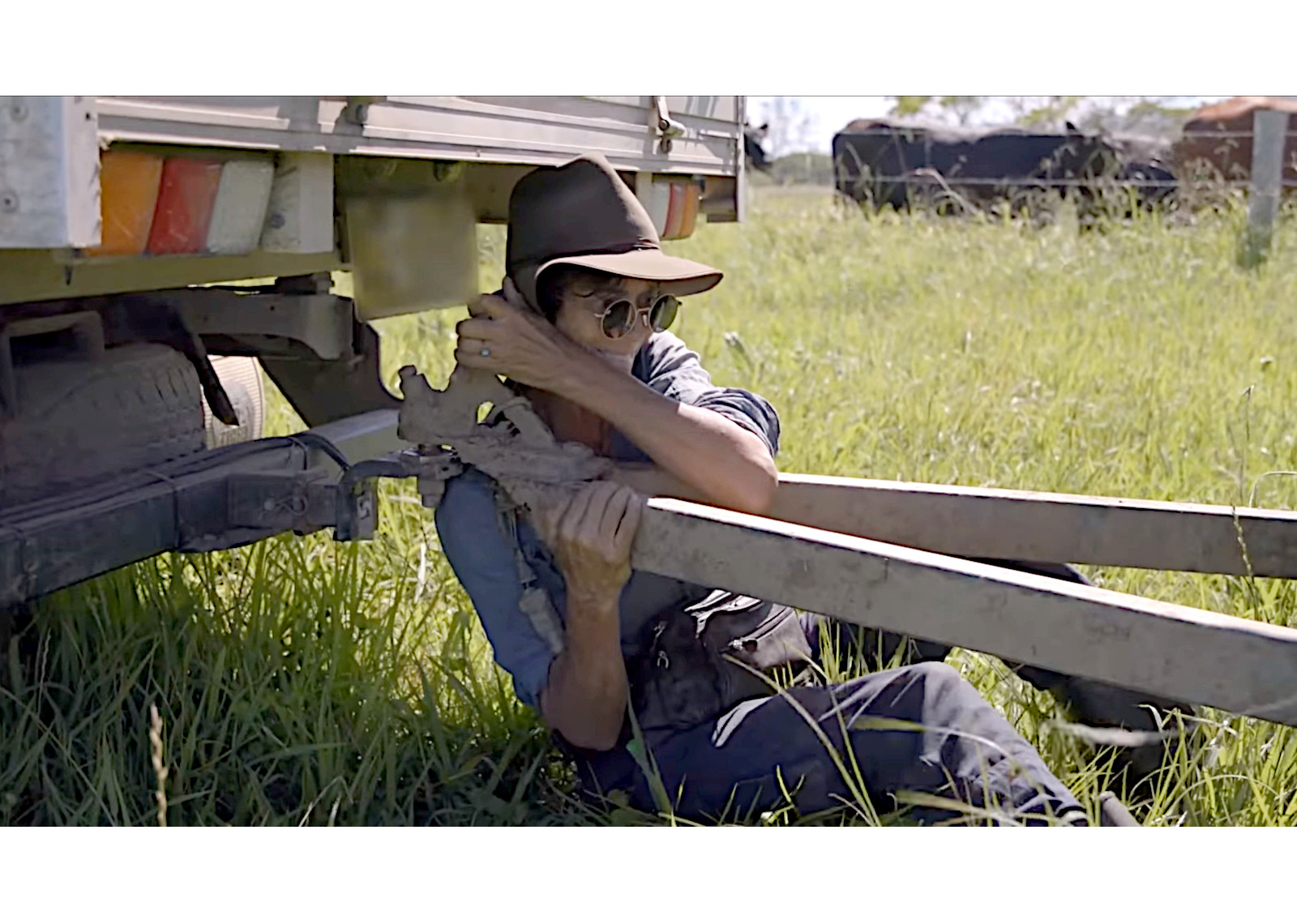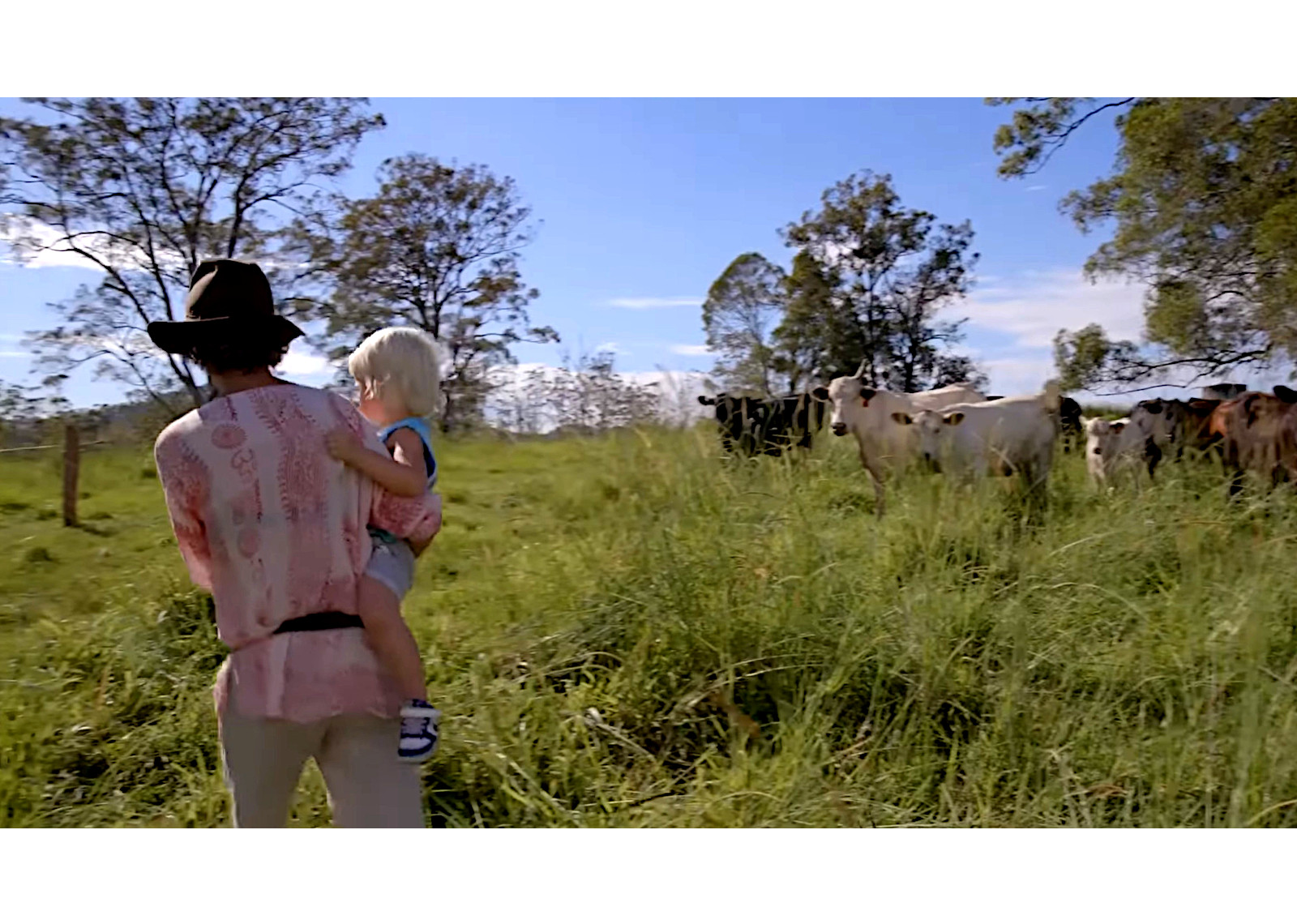
Rachel's Farm
A magnificent new film from AHMC member Rachel
Ward
Watch the
official trailer here

Film director and actress Rachel Ward and her husband, actor Bryan Brown, bought a cattle farm in the late 1980s, and have endured the droughts, bushfires and floods that increasingly devastate the country. Witnessing these disasters, plus the birth of her first grandchild, forces Rachel to confront her own small role in damaging our precarious environment.

“What about the future our grandchildren will inherit? … Agriculture is causing climate change, it's not just fossil fuel.”

Rachel joins forces with farmer Mick Green. They discover that conventional agriculture is no longer working, drives climate change, and neither of their farms are ecologically or financially viable. But Mick’s research leads them to the scientific methodologies of regenerative farming, Holistic Management and ecological outcome verification.

“The shift to regenerative farming to combat climate change: that's what I'm going to commit every part of my being to.”

Rachel's Farm highlights the unique opportunities women are finding as regenerative farmers and ecological health monitors, and features intimate interviews with Rachel, her family and those who've inspired her. The film offers an extraordinary insight into a voyage from ignorance towards the growing movement to restore the health of Australia’s farmland, food and climate.

“Nature's never about one thing, it's about a multitude of relationships … I know that changing my farm is not going to change the world, but if everybody does a little bit, we can.”
Inspired? Intrigued?
The world is fixated on the role of carbon emissions in climate change, but it's only one aspect of the problem. The root cause is collapsed and degraded ecosystems, which create bare wastelands that radiate heat and can't absorb carbon. An entire 50% of the Australian landmass is dedicated to livestock grazing: this industry is not going away and ecological recovery must co-operate with its complexities.
But today there are new and scientifically-supported methods, such as Holistic Management, that use grazing animals to improve ecological health. Healthy pastures dissipate heat and naturally absorb carbon, improving the viability of farmlands and benefiting the world.
What You Can do to Help
- Farmers: Join the Co-operative
- Consumers: Buy produce from Co-op members
- Train in EOV: Become an EOV monitor
- See the latest: Read our Facebook page
- Stay in touch: Subscribe to our Newsletter
- Meet up: Attend our 2024 Farming Matters Conference
- Or just talk to us: Contact us with any queries
Images and quotes from the official film trailer.

